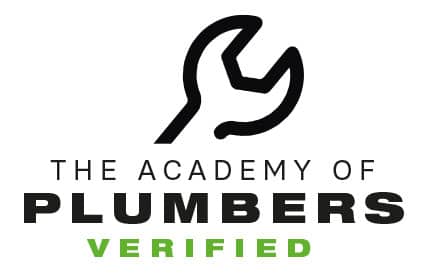Pressure washing may seem straightforward, but formal training programs and certifications play a crucial role in ensuring professionals perform their tasks effectively and safely. These programs provide essential knowledge about equipment handling, safety protocols, and the proper techniques that reduce the risk of damage to surfaces and injury to the operator.
Professionals with formal training can deliver better results, attract more clients, and command higher fees due to their proven expertise. Additionally, certifications often set individuals apart in a competitive market, giving potential clients confidence in their skills and reliability.
Investing in training programs can lead to greater industry compliance and improved service standards, ultimately benefiting both professionals and their customers. This commitment to quality and safety underscores the value of formal education in the pressure washing profession.
Significance of Training in Pressure Washing
Formal training programs and certifications elevate the professionalism and effectiveness of pressure washing professionals. They cover critical aspects like equipment mastery, safety adherence, and service quality.
Understanding Equipment and Techniques
Formal training ensures that pressure washing professionals understand the diverse array of equipment available, from high-pressure hoses to specialized nozzles. Knowledge of when to employ various techniques, such as soft washing for delicate surfaces, is crucial.
Proper instruction in equipment maintenance prolongs tool life and prevents service interruptions. Training also emphasizes environmentally sustainable practices, such as using appropriate detergents and water management techniques.
Safety Standards and Protocols
Safety is paramount in pressure washing due to the high pressure and chemical use involved. Training programs teach professionals how to handle equipment correctly to avoid injuries. They cover the use of personal protective equipment (PPE), such as gloves and eye protection.
Courses often include protocols for safe chemical handling and emergency response procedures. Adherence to these standards minimizes risks to both the operator and the client’s property.
Quality and Efficiency in Service Delivery
Clients expect high-quality results and efficient service. Training programs equip professionals with the skills needed to deliver consistent, superior outcomes. Techniques learned through formal programs can significantly reduce the time required for cleaning tasks, increasing overall job efficiency.
Educating professionals on assessing surfaces before starting a job ensures that appropriate methods are chosen, improving effectiveness. This focus on quality and efficiency nurtures client trust and repeat business.
Certification and Advancement
Certification plays a crucial role in establishing the credibility and expertise of pressure washing professionals. It also ensures adherence to regulations and keeps skills updated through continuing education.
Professional Credibility and Trust
Obtaining certification demonstrates a commitment to excellence. It signals to clients that the professional has undergone rigorous training and adheres to industry standards. This can set them apart in a competitive market. Certified professionals are often perceived as more reliable and trustworthy. In turn, this can lead to increased customer satisfaction and repeat business.
Regulatory Compliance
Certification often requires knowledge of local and federal regulations. This ensures that pressure washing professionals operate within legal boundaries. Understanding these regulations helps avoid potential fines and legal issues. Certified professionals are also better equipped to handle hazardous materials and waste disposal properly. This compliance not only protects the professional but also the environment.
Continuing Education and Skill Improvement
Certification programs include opportunities for continuing education. This helps professionals stay updated with the latest techniques and equipment. Ongoing training can lead to skill enhancement and better job performance. It also allows professionals to specialize in areas such as mold remediation or eco-friendly cleaning. Continuous learning fosters career growth and keeps professionals at the forefront of the industry.








